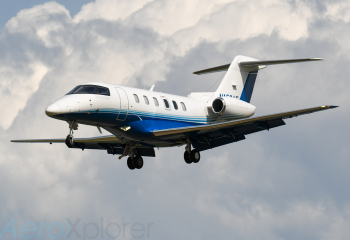Aviation regulation is integral to the aviation industry, ensuring pilots' and passengers' safety in the skies. Its governing laws cater to various aviation activities, from aircraft maintenance to passenger rights. In this post, we aim to shed light on essential aspects of aviation law that pilots and passengers should be versed in for a harmonious flying experience.
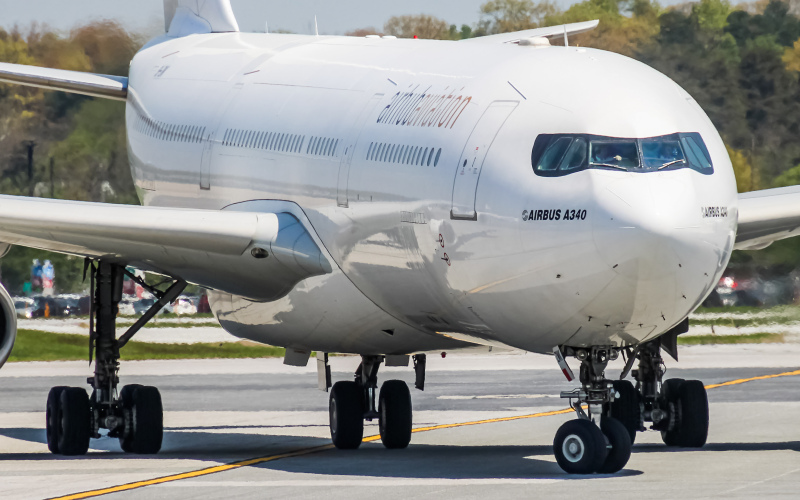
National and International Aviation Law
Aviation law, encompassing a range of aviation activities, falls under two main categories: national and international law, with each differing based on jurisdictional specifics. National or domestic aviation law, active within the borders of a particular country, is responsible for directing all aviation activities therein, including passenger rights, flight standards, aircraft certification, and airport operations, to name just a few. Conversely, international aviation law, as the name implies, governs aviation activities that transcend national boundaries, ensuring global safety and efficiency standards in every flight journey.
In the U.S., the administration of national aviation law is vested in the Federal Aviation Administration (FAA). The FAA, established in 1958, conducts meticulous oversight of all national civil aviation, harmonizing the integration of all airspace users, ensuring safety in air travel, promoting fast and efficient travel and transportation of goods, and fostering the growth and development of American aviation. It achieves this through its Air Traffic Organization (ATO), the operational arm of the FAA, which manages traffic control towers, flight service stations, and control centers to ensure seamless navigation and air traffic management throughout the U.S. airspace.
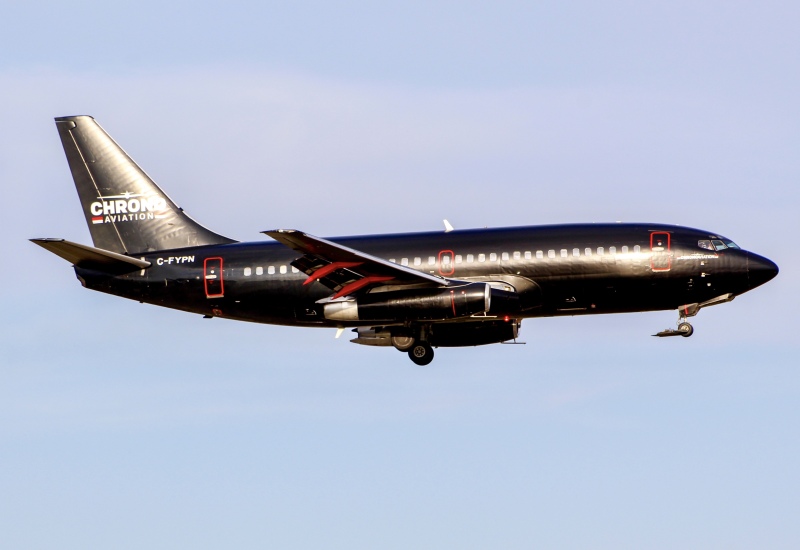
On an international scale, the International Civil Aviation Organization (ICAO) sets forth standards and regulations for aviation safety, security, efficiency, and environmental protection, among other concerns that necessitate international cooperation. Created in 1944, ICAO today includes 193 Member States and industry groups, functioning as a global forum for member states to promote the planning and development of international air transport.
Key Aspects of Aviation Law for Pilots
Aviation law for pilots is comprehensive, detailing the spectrum of responsibilities one must adhere to while in command. The governing rules and regulations broadly span several elements, primarily laid out by the FAA's regulations. Every pilot, novice or seasoned, must acquaint themselves thoroughly with these mandates to confirm their understanding of rights, obligations, and potential legal consequences.
Key areas of focus in the FAA's regulations for pilots include:
- Pilot certification: The First and foremost requirement for pilots is acquiring appropriate certifications. Different certification classes are available based on the intensity of flight privileges needed. Among them are private, commercial, and airline transport pilot licenses.
- Operational guidelines: Rules for flights under instrument and visual flight rules, airspace classifications, use of transponders, and ATC communications are specified in FAA's regulations.
- Accident protocols: Another crucial area is understanding duties in an accident or emergency. The procedures for reporting aircraft accidents or incidents and the role and responsibility of pilots therein are specifically outlined.
- Maintenance and aircraft inspection rules: Understanding the principles of aircraft maintenance and inspection schedules enforceable by law is important for pilot operations.
- Air traffic control (ATC) communication: Proficiency in radio communication, including communication procedures and phraseology, is critical for pilots to avoid misunderstandings that could lead to serious incidents.
- Rules about substance use: The FAA strictly prohibits using any substance that can impair the pilot's ability to operate the aircraft safely.
Although not exhaustive, these aspects constitute the pillars of aviation law for pilots. Hence, familiarizing oneself with these rules involves legal compliance and personal and passenger safety.
Aviation Law: What Passengers Should Know
As key stakeholders in the aviation industry, passengers should familiarize themselves with their rights, as numerous provisions of aviation law safeguard them. These rights apply to various circumstances that passengers often confront during air travel. Here is a concise list of some of these rights:
- Overbooking: Airlines sometimes overbook flights based on the assumption that some passengers may not show up. If you are denied boarding because of overbooking, it is essential to know that airlines are mandated under the law to compensate passengers accordingly.
- Flight delays and cancellations: Passengers are entitled to certain rights when delayed or canceled flights. Depending on the duration of the delay and the cause, passengers may be entitled to compensation and appropriate accommodation.
- Lost baggage: Air travelers have a right to compensation for lost, delayed, or damaged baggage. The compensation is usually subject to the value of the lost property, though limits may apply.
- Disabled passenger rights: Under the Air Carrier Access Act (ACAA), passengers with disabilities are granted special rights, such as accessibility, priority seating, and assistance.
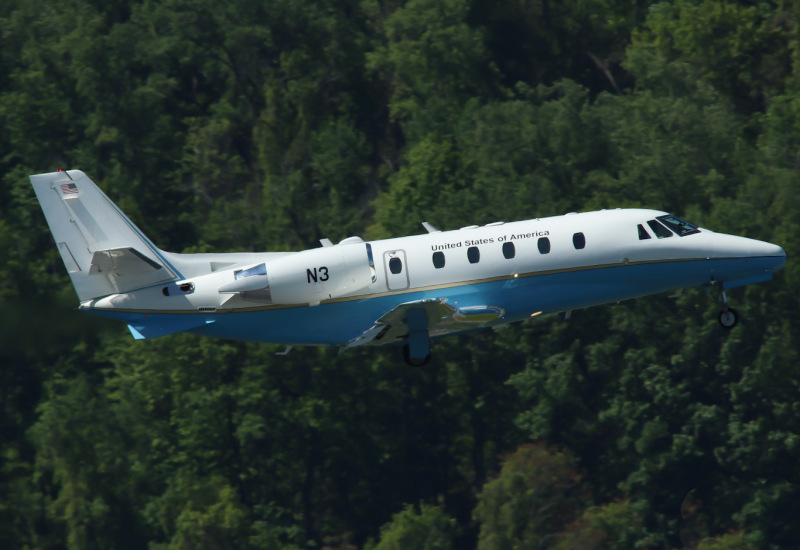
Understanding these regulations can significantly ease the passenger experience and provide peace of mind, knowing they are protected under the law. When your rights are infringed, find a lawyer specializing in aviation law. Lawrina offers a huge directory of experts with profound knowledge of domestic and international laws, which can protect your rights and potential entitlements in a complex legal landscape.
The Future of Aviation Law
As the aviation industry evolves with technological advancements and increased globalization, so will aviation law. Future changes expected to shape aviation law involve considerations for drones, air traffic modernization, and environmental constraints. Keeping up-to-date with these changes benefits pilots and passengers as they navigate the increasingly complex air travel landscape.
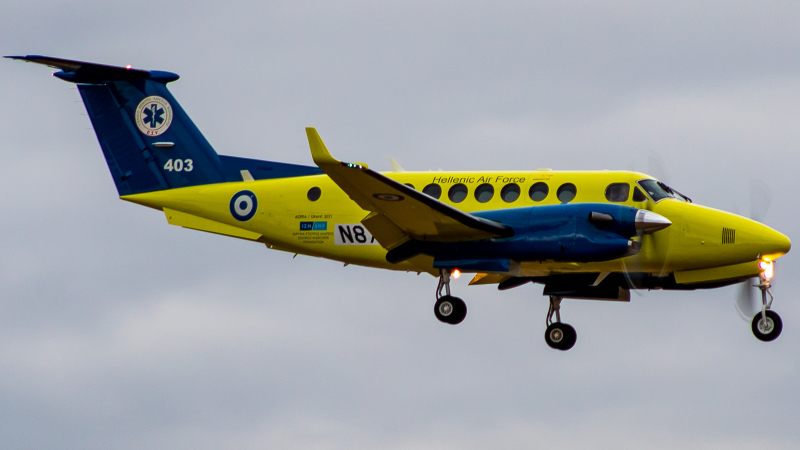
Conclusion
To conclude, understanding aviation law is paramount for both pilots and passengers. It helps ensure compliance with relevant regulations, promotes safety, protects the rights, and limits the liabilities of all parties involved in air travel. For guidance on specific matters related to aviation law, whether you are a pilot or a passenger, remember to consult a professional lawyer.
Bomb Threat Cancels Air New Zealand Flight, Delays Passengers » Export Development Canada Secures Aircraft Repossession in Nigeria Under Cape Town Convention » Passengers Encounter Bedbug Infestation on Multiple Turkish Airlines Flights »
Comments (0)
Add Your Comment
SHARE
TAGS
INFORMATIONAL Aviation Law Law Pilots Passengers Legal International Law SponsoredRECENTLY PUBLISHED
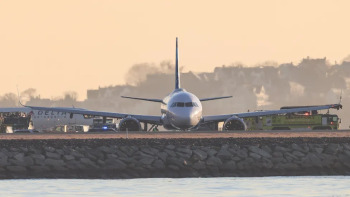 Could You Survive a Plane Crash? The Unlikely Science of Plane Crash Survival
With air travel consistently being heralded as the safest form of public transport, most of us do not board a plane pondering our chances of survival in the event of a crash. But, is it possible to survive one?
INFORMATIONAL
READ MORE »
Could You Survive a Plane Crash? The Unlikely Science of Plane Crash Survival
With air travel consistently being heralded as the safest form of public transport, most of us do not board a plane pondering our chances of survival in the event of a crash. But, is it possible to survive one?
INFORMATIONAL
READ MORE »
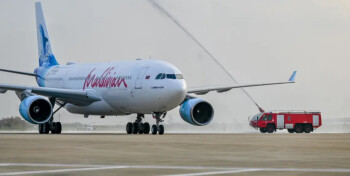 Maldivian Airlines Introduces First-Ever Widebody Aircraft, Plans New China Flights
Maldivian, the government-owned national airline of the Maldives, has just welcomed its first-ever wide body aircraft: the Airbus A330-200. With the new aircraft, the carrier also plans brand-new long haul international flights to China.
NEWS
READ MORE »
Maldivian Airlines Introduces First-Ever Widebody Aircraft, Plans New China Flights
Maldivian, the government-owned national airline of the Maldives, has just welcomed its first-ever wide body aircraft: the Airbus A330-200. With the new aircraft, the carrier also plans brand-new long haul international flights to China.
NEWS
READ MORE »
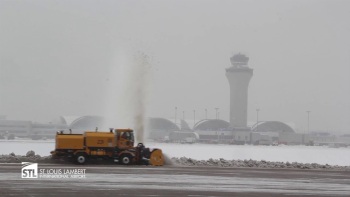 Thousands of Flights Impacted as Winter Storm Blair Hits U.S.
Winter Storm Blair has unleashed a huge blast of snow, ice, and freezing temperatures across the Central and Eastern United States.
As of Sunday afternoon, over 6,700 flights and counting have been disrupted. This includes cancelations and significant delays leaving passengers scrambling to change flights and adjust travel plans.
NEWS
READ MORE »
Thousands of Flights Impacted as Winter Storm Blair Hits U.S.
Winter Storm Blair has unleashed a huge blast of snow, ice, and freezing temperatures across the Central and Eastern United States.
As of Sunday afternoon, over 6,700 flights and counting have been disrupted. This includes cancelations and significant delays leaving passengers scrambling to change flights and adjust travel plans.
NEWS
READ MORE »



